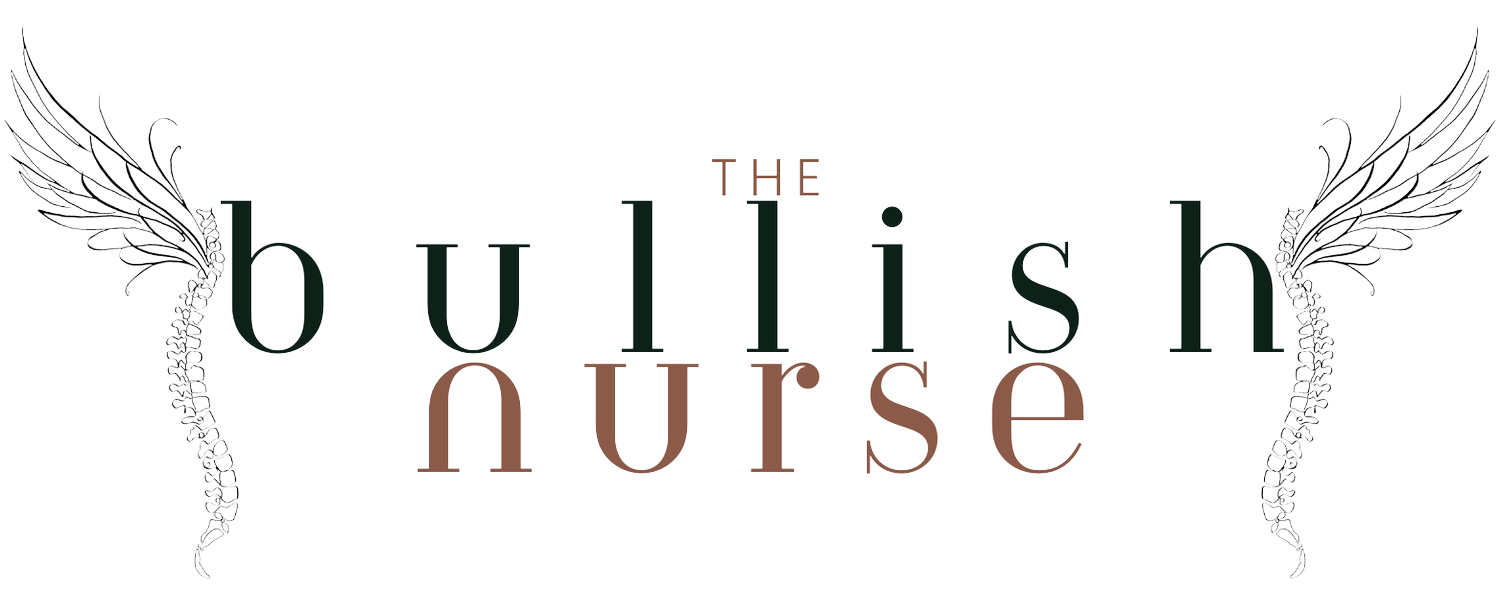Band-aids and broken systems: Why self-care isn’t enough (and never was)
The term "nurse burnout" has become a ubiquitous buzzword in healthcare. Images of exhausted nurses drowning in paperwork flood social media, and self-care articles offering tips on bubble baths and mindfulness abound. But is this the whole story? Is burnout truly the monster under the bed, or is it a symptom of a much deeper systemic illness?
The concept of burnout, coined by psychologist Herbert Freudenberger in the 1970s, focused on the emotional exhaustion, cynicism, and reduced sense of accomplishment healthcare workers experience. However, a new term has emerged in recent years: moral injury. Moral injury describes the lasting psychological distress caused by witnessing or perpetrating actions that violate one's core moral beliefs.
For nurses, this translates to daily struggles with unsafe staffing ratios, leading to compromised patient care. It's the moral anguish of knowing you can't provide the level of care your patients deserve, the constant feeling of walking a tightrope between duty and exhaustion.
And just for further context, ‘moral injury’ has only recently been used in nursing, first appearing in clinician-specific literature shortly after the pandemic. The term was borrowed from it’s original use in military service men and women struggling with morally conflicting decisions and actions during times of war.
…. Let that sink in, we are using post-combat terminology to describe a profession of caregivers.
More so, here’s the real issue: the vast majority of research on nurse burnout focuses on individual coping mechanisms: self-care strategies, mindfulness techniques, and building resilience. While these tools might offer temporary relief, they do little to address the root causes. It's like offering a Band-Aid to a gaping wound.
Imagine a firefighter constantly battling infernos with a garden hose. Would we tell them to take a bubble bath and meditate between calls? Of course not! We'd fix the broken water pressure, invest in better equipment, and address the systemic issues behind the overwhelming fire risk.
Shouldn't the same logic apply to nursing? Shouldn't we be demanding:
Safe staffing ratios: Ratios that prioritize patient safety and allow nurses to deliver quality care without sacrificing their well-being.
Zero tolerance for workplace violence: Stronger policies and enforcement to protect nurses from physical and verbal assaults.
Organization and leadership accountability: Accountability for leadership’s actions (or lack thereof) for creating unsafe environments, or ignoring the calls to action from nurses, resulting in staff and patient injury.
Increased support systems: Investing in READILY AVAILABLE mental health resources specifically designed for the unique challenges nurses face.
The narrative needs to shift. We need to stop pathologizing nurses for feeling the effects of a broken system and start demanding real change. Self-care is important, but it's not a substitute for fixing the systemic issues that are driving nurses away from the bedside in droves.
Let's stop offering Band-Aids. It's time to rebuild the damn dam.
While demanding systemic change is crucial, nurses facing burnout also have the power to take control of their careers. Exploring non-traditional nursing roles outside the hospital can offer both a financial and emotional reprieve. From informatics and managed care, to bio-tech and education, the nursing skillset translates beautifully into a variety of settings with potentially better work-life balance and reduced exposure to some of the most stressful aspects of inpatient care.
This isn't about abandoning the fight for better conditions in hospitals; it's about empowering nurses with options.
The hospitals do not own the nursing profession. Nurses have options and will act accordingly 💪
